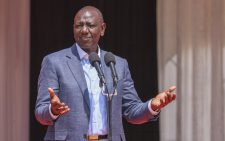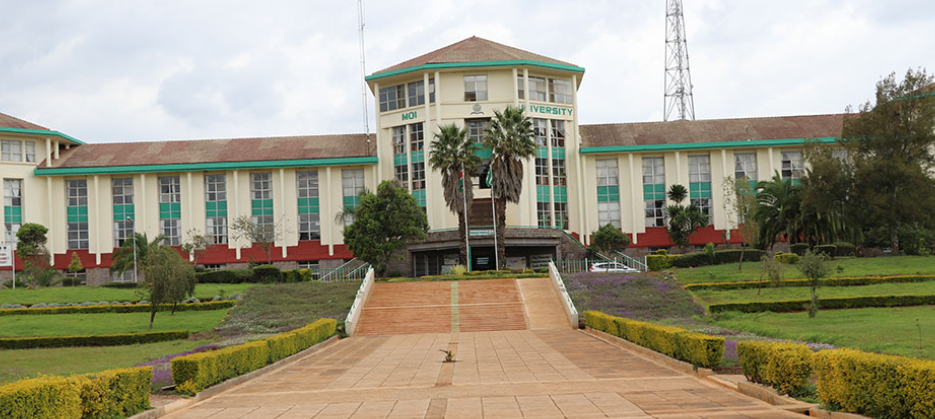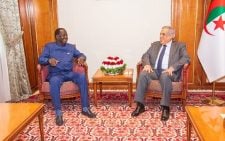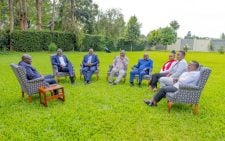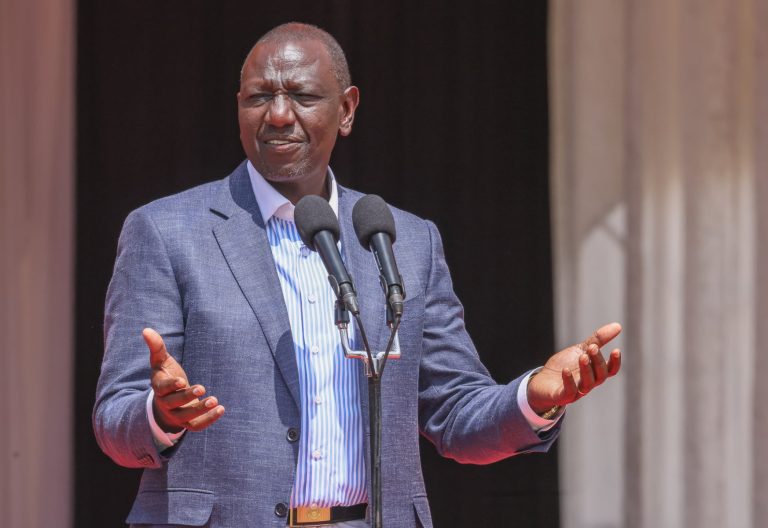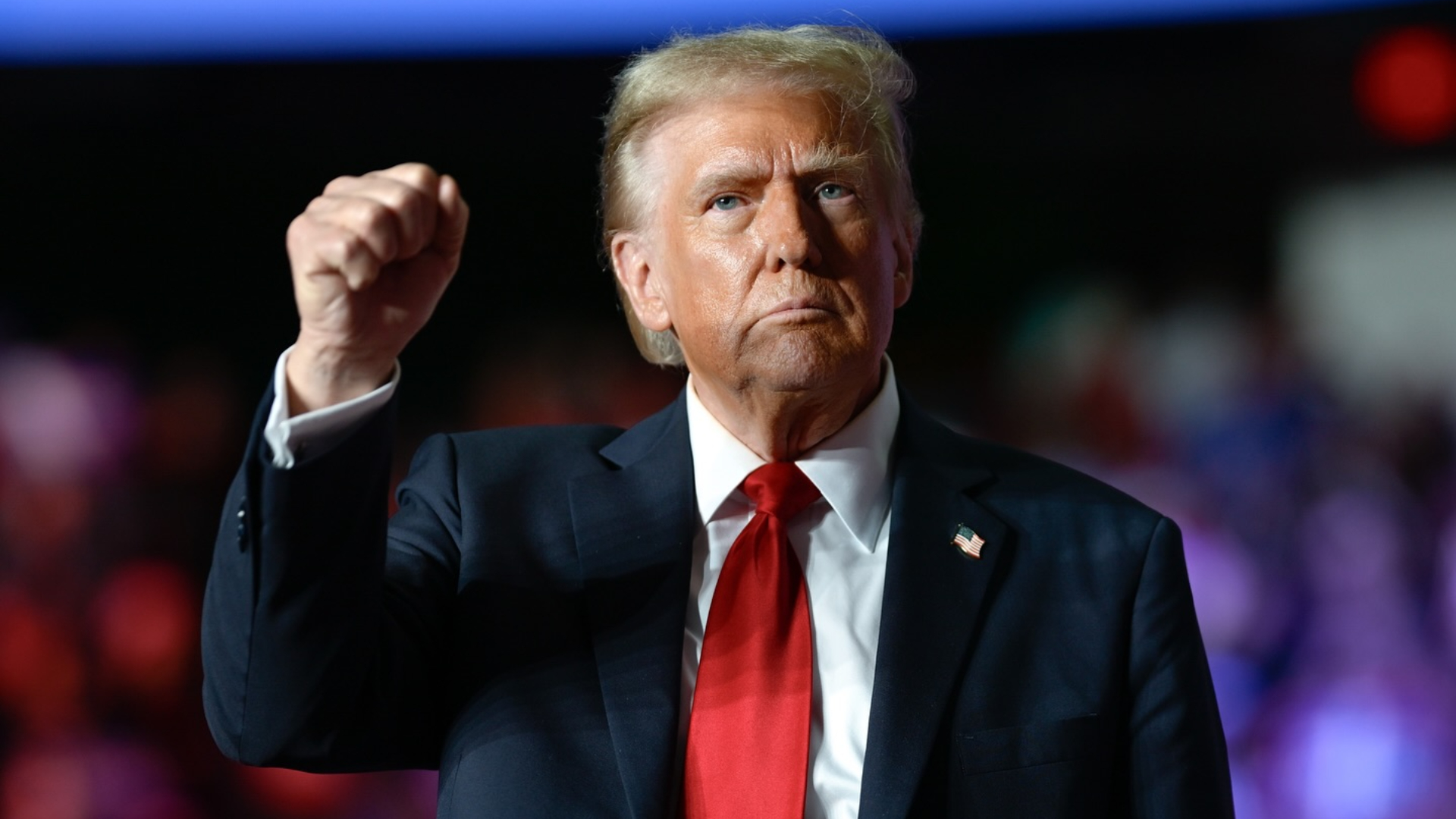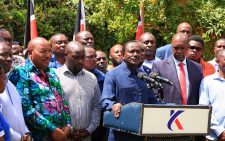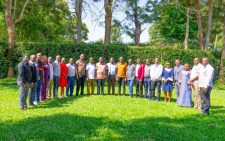August elections to cost taxpayers over Sh44 billion

The August 9 General Election will cost taxpayers a staggering Sh44.2 billion, a report published by the National Treasury has shown, underlining the high cost of democracy in Kenya.
Sh22 billion has already been disbursed to the Independent Electoral and Boundaries Commission (IEBC) and other government agencies involved in planning and conducting the election and providing support services, such as security.
Another Sh22.1 billion will be financed in the 2022/23 financial year which starts on July 1, about a month and a week to the election.
In total, the various departments involved in the election had asked for an allocation of 67.7 billion but this was reduced to Sh43.9 billion.
Smooth transition
The government has warned public officials in the agencies involved in the election, to ensure prudence in the utilisation of the money or face the consequences. Prudence is crucial to the successful conduct of elections, which in Kenya have historically been volatile since the introduction of multi-party politics in 1992.
“As the General Election draws closer, the government will continue to facilitate the transition process while maintaining a stable fiscal discipline within the economy,” reads the third pre-election economic and fiscal report, which also gives a breakdown of how the Sh44.18 billion will be spent.
In the report that National Treasury Cabinet Secretary Ukur Yatani submitted to Parliament last week as required by the Public Finance Management (PFM) Act, the government made a commitment to ensure free and fair electoral processes and a smooth transition to the next administration.
Special attention will be paid to maintaining peace and security through increased vigilance to protect livelihoods and life of the citizens.
The commitment is informed by the background of electoral violence that has characterised past elections, with the worst being the 2007/08 post-election violence in which over 1,100 people were killed and over 650,000 others displaced from their homes.
Interior CS Fred Matiang’i has in recent months said the number of police officers has been beefed up and other measures taken to pre-empt election-related violence.
“The total budgetary allocation for indirect expenses for the 2022 General Election is Sh1.5 billion for the State department for Interior and citizen services, office of the registrar of political parties, Ethics and Anti Corruption Commission, Independent Policing Oversight Authority (Ipoa), the Judiciary and Ministry of Defence,” reads the report.
The Ministry of Interior has been allocated Sh500 million to enhance security operations in identified violence hot spots. The report states that the money will be used to enhance operations against any disturbances as well as ensure that the security of citizens is not compromised due to heightened political activities.
“During the 2022 General Election, the State department for Interior will continue to provide security in the whole country and at the polling stations during the actual polling day,” reads the report.
In the report, Sh16.9 billion will be used for General Election activities. In addition, General Election materials have been allocated Sh7.6 billion while the just-concluded mass voter registration was allocated Sh2.5 billion. Verification of the register was allocated Sh1.3 billion.
IEBC has been carrying out a campaign to get voters to confirm that their names are in the register. Political parties too have a window to verify the register. In past elections, allegations that dead voters had not been removed from the voters’ roll created suspicion that their names could be used to interfere with results.
Nomination of candidates and their registration has been allocated Sh424.6 million. This process is already underway. For instance, the electoral commission is today expected to meet presidential candidates or their representatives over the same. Meanwhile, Diaspora voter registration has been allocated Sh255.8 million while planning meetings were allocated Sh102.3 million.
Next administration
The Commission’s routine activities got an allocation of Sh8.9 billion. According to the report, the Office of the President will get Sh200 million to undertake the Assumption of Office activities to ensure a smooth transition and hand-over of power to the next administration.
Under the Constitution, the presidency is mandated to coordinate transition activities relating to the assumption of office for the new president after the election.
To preempt external aggression in the run-up to, during and after the elections, the Ministry of Defence will get Sh100 million to enhance security operations along the borders and other identified hotspots, to ensure elections are not affected by external security threats.
IPOA, the authority mandated to police the police, will get Sh32.9 million for monitoring as its work will be enhanced due to increased police deployment during the electioneering period. The Judiciary will get Sh260.2 million to be used for various election-related activities.
Of the money, Sh95.8 million will go towards funding the Judiciary Committee on Elections which will advise judges on legal and administrative management for efficient election dispute resolution, capacity building of judges, judicial officers and staff, monitoring and evaluation of election petitions and related disputes and offences among other duties
The Political Parties Disputes Tribal will get Sh84.3 million, Supreme Court Sh20 million, Court of Appeal Sh20 million and High Court Sh40 million.
“The Judiciary is a key stakeholder in the election process and plays a critical role in ensuring elections are free, fair and credible through determination of electoral disputes,” reads the report.
The office of the Registrar of Political Parties has been allocated Sh453.4 million to enable it ensure credible and fair elections by keeping a record of parties, their symbols and ensuring they comply with the law among others.
EACC on the other hand has been allocated Sh58.5 million as it anticipates a surge in corruption activities and unethical conduct requiring intervention investigations by the commission
“EACC anticipates increased level of activities in line with its mandate to safeguard public resources at risk of misappropriation due to the anticipated transition both at National and County governments,” read the report.
Yatani said the National Treasury will continue to monitor and address challenges that may disrupt the elections by monitoring the drought situation in some parts of the country, threats to security and slowdown in the global economy.
Reads the report: “The government is committed towards ensuring a stable micro economic environment as we head in to the 2022 General Election by sustaining sound and sustainable economic and fiscal policies.”
